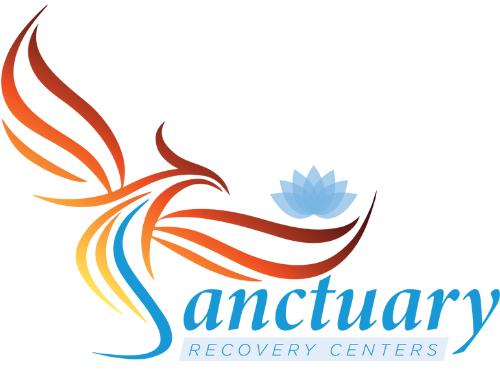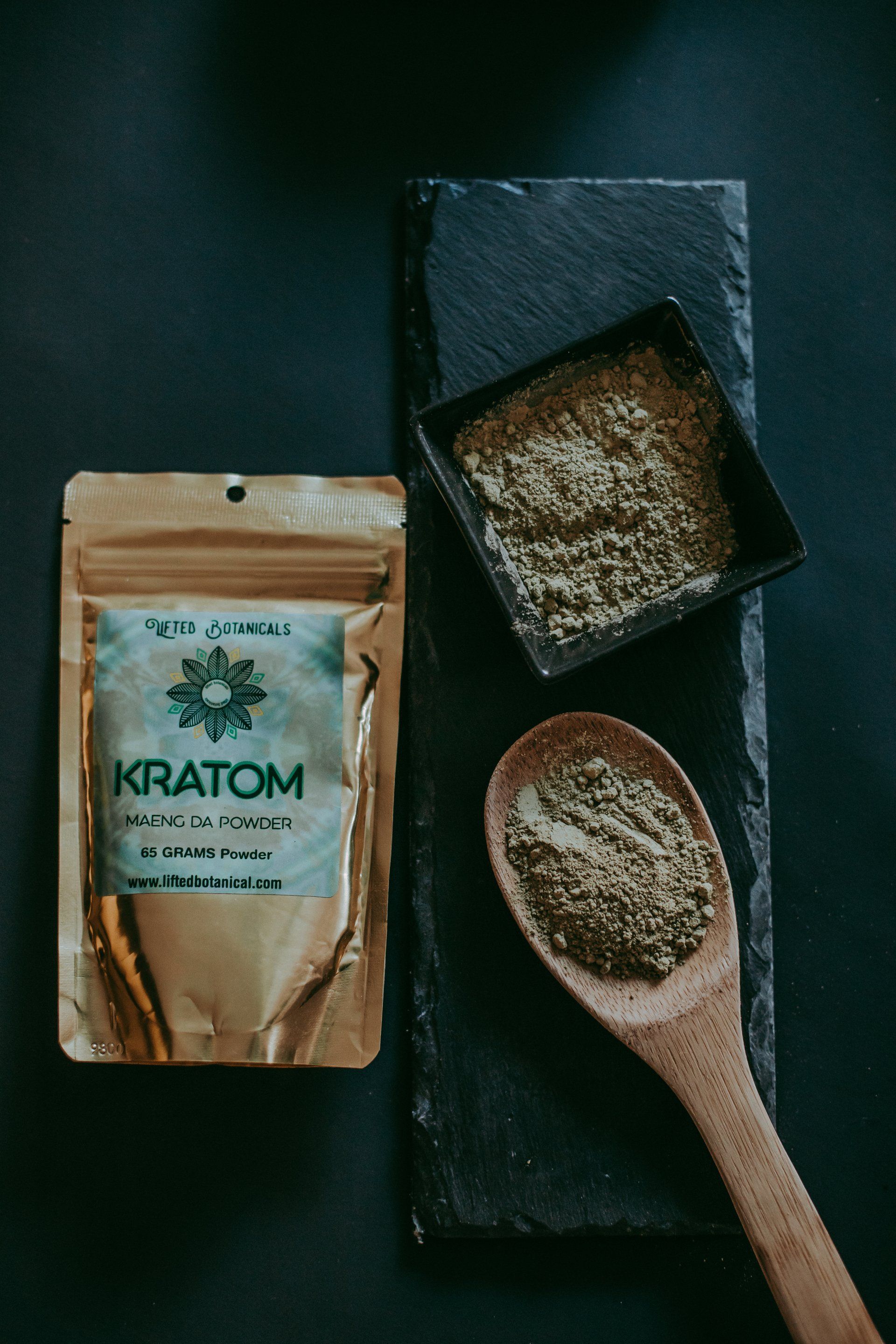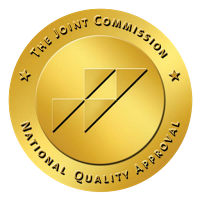If you or a loved one are struggling with drug or alcohol addiction call Sanctuary Recovery Centers in Phoenix, Arizona to get the best treatment plan to start the healing process.
Get Help With Your Addiction

How Do You Help Someone Who Doesn’t Want to Stop Drinking
September 20, 2023
Addressing alcohol misuse is challenging, especially when someone isn’t ready to quit. Learn compassionate strategies to support loved ones, understand their resistance, and encourage healthier choices. ‘How Do You Help Someone Who Doesn’t Want to Stop Drinking?’ offers expert insights and actionable steps.
When a loved one is entangled in the grip of alcohol, it can be heart-wrenching to watch, especially if they’re not yet ready to seek help. This article delves deep into the psyche of someone resistant to quitting and provides a roadmap for friends and family. We’ll explore the reasons behind their reluctance and offer compassionate ways to approach, support, and gently guide them towards healthier decisions. Whether you’re a concerned family member, a close friend, or a professional, this guide is designed to equip you with the knowledge and tools you need.
Understanding the Dynamics of Alcoholism
Alcoholism is not merely a habit; it’s a multifaceted health issue. It intertwines with the psychological, social, and physiological aspects of a person’s life. While the external signs might be evident, the internal struggles are often concealed. The first step in aiding someone entangled in the web of alcoholism is comprehending its complexity.
The Emotional Component: Unearthing Hidden Pain
Every person has a unique journey with alcohol. For many, drinking becomes an escape from the relentless pressures of life, unresolved traumas, or suppressed emotions. It’s crucial to approach the situation with empathy. Recognizing the emotional underpinnings can provide a clearer roadmap to potential solutions.
Building Trust: A Pillar of Support
Trust is the cornerstone of any relationship, even more so when dealing with sensitive issues like alcoholism. Instead of confronting or accusing, foster an environment where the person feels safe to communicate without judgment. Your consistent support can be the key that unlocks their willingness to seek help.
Professional Intervention: When and How to Seek It
There are times when a loved one’s alcoholism escalates beyond personal control. In these circumstances, seeking professional intervention becomes paramount. Whether it’s a counselor, therapist, or rehab facility, their expertise can provide structured guidance tailored to the individual’s needs.
The Role of Support Groups
Support groups play an invaluable role in the recovery journey. They serve as a sanctuary for individuals to share experiences, gain insights, and draw strength from peers facing similar challenges. Encouraging your loved one to attend meetings can offer them a fresh perspective and a renewed sense of hope.
Setting Boundaries: Protecting Your Well-being
While it’s natural to want to help, it’s equally vital to protect your mental and emotional well-being. Set clear boundaries. Be firm yet compassionate, ensuring you’re not enabling their habit but supporting their journey to recovery.
The Importance of Patience and Persistence
Recovery is not a straight path; it’s a journey filled with highs and lows. There might be relapses, moments of despair, and times when progress seems stagnant. However, patience and persistence can make a world of difference. Celebrate small victories and remain a beacon of hope, even in challenging times.
Educating Yourself: Empowerment Through Knowledge
The more you understand about alcoholism, the better equipped you are to help. Delve into books, research papers, and documentaries. Engage with experts in the field. Knowledge not only empowers you but also shows your loved one that you are genuinely invested in their well-being.
The Power of Alternative Therapies
Traditional treatments are undoubtedly beneficial, but alternative therapies can offer supplementary support. Techniques such as yoga, meditation, and art therapy can provide outlets for expression, relaxation, and self-discovery. Encourage your loved one to explore these avenues; it might just be the missing piece in their recovery puzzle.
Help An Alcoholic Help Themselves
Helping someone who doesn’t want to stop drinking is undeniably challenging. However, with understanding, patience, and consistent support, you can make a difference in their life. Remember, it’s not about forcing change but fostering an environment where they feel empowered to take that step themselves.
The post How Do You Help Someone Who Doesn’t Want to Stop Drinking appeared first on Sanctuary Recovery Centers.











